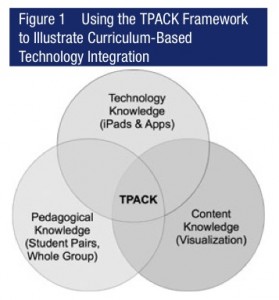Key: SETT – student, environment, task and technology
Student
- Is the student motivated and interested in the AT selection and process?
- Is the family interested and supportive?
Environment
- Is support from important figures at the school available? i.e. School administration, IT Department
- Does the school have the appropriate physical space for the student and the AT solution?
- Is there any need for auxiliary or peripheral technology, and is it in place?
Team
- Are the people involved collaborative and motivated to find the best suitable AT solution?
- Are the team members able to articulate specific IEP goals, where the AT solution can be used to support?
- Do the team members understand the steps in an effective implementation plan and are they going to be involved?
- Do team members have the necessary training and resources to support the use of the AT solution?
Task
- What the student needs to do in the specific environment to achieve the goal
- What is happening when the student uses the AT
- What’s the instructional goal, and what app will support the goal selected
Technology
- Does the AT solution’s features match the needs of the student and the IEP/curricular goals?
- Is the technology easily accessed and readily available to the student?
- Is the technology up-to-date and in a good working condition?
With the iPad, some other areas to consider are:
- What type of students would benefit from this AT solution?
- Students with vision impairments
- Students with learning disabilities
- Students with physical disabilities
- Students with ASD
- TPACK framework, according to Hutchison
- Think about what you’re teaching: literacy content knowledge
- How you can best teach it: pedagogical knowledge
- How the technology could be used to support the student learning: Technology knowledge
Question to reflect:
“Does the tool enhance literacy instruction and promote progress toward a literacy learning goal? OR Is it only being used as an add-on to instruction?” ~Hutchison

